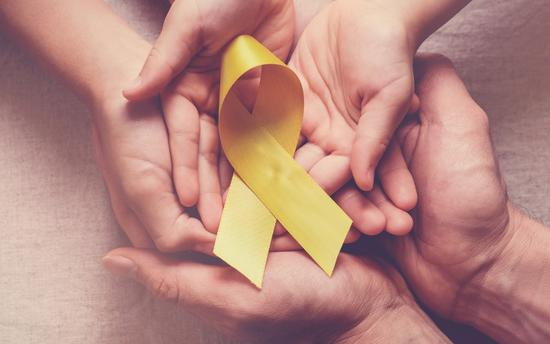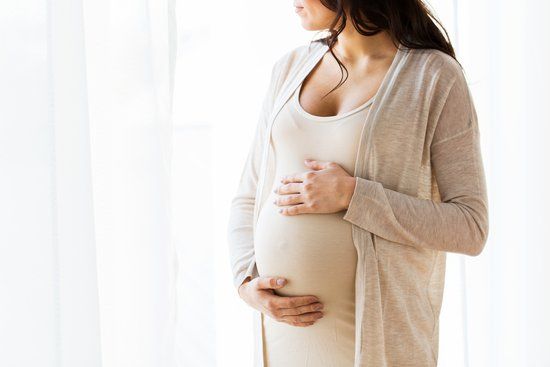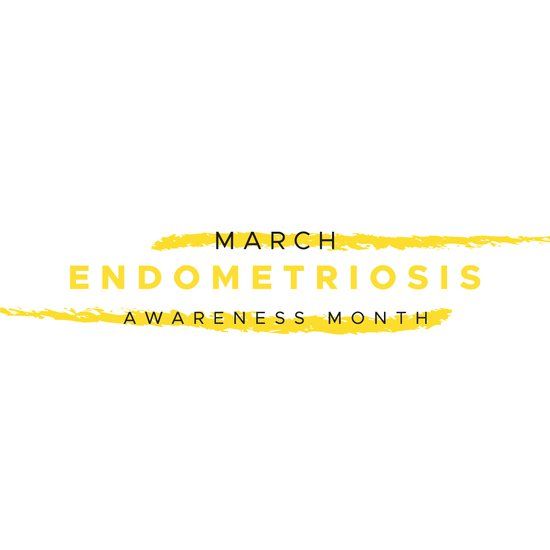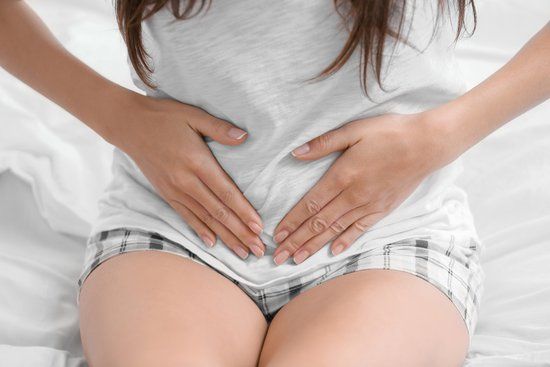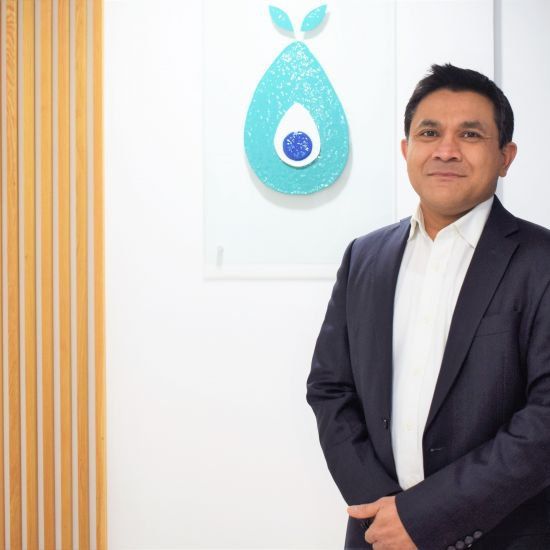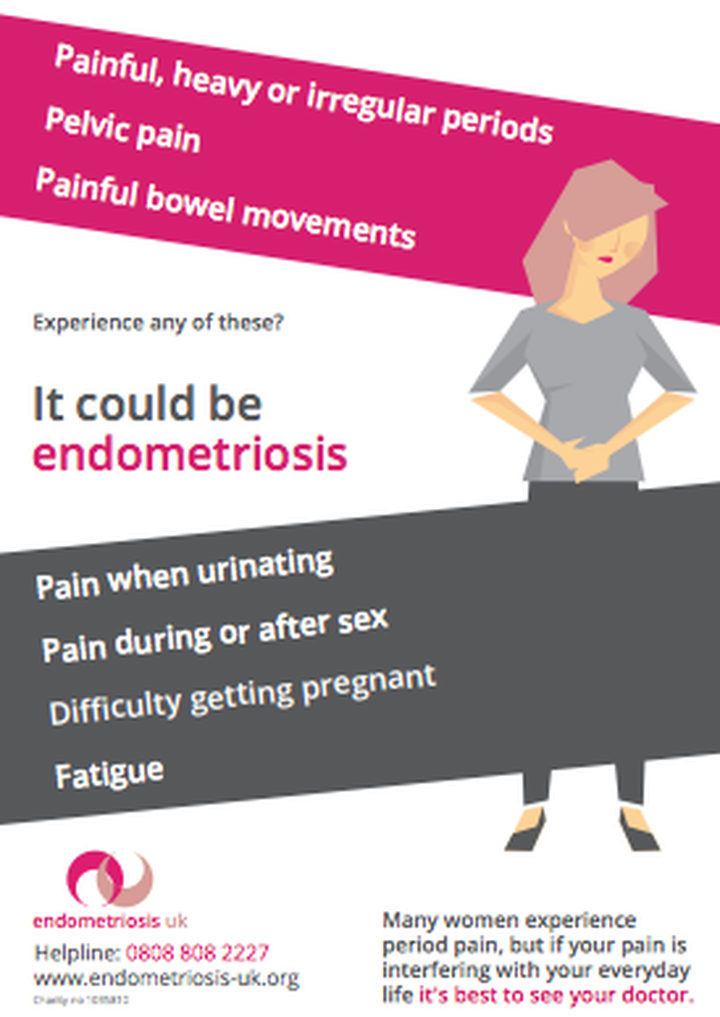
Are you having difficulty getting pregnant? Suffering from painful, heavy and irregular periods? Pain when urinating, during or after intercourse? You could be one of the 1.5 million women affected by a condition called endometriosis.
Commonly associated with fertility problems, the incurable condition doubles the risk of infertility in under 35s according to leading charity Endometriosis UK.
The charity launched its #TooLong campaign this month for Endometriosis Awareness Month, to highlight endometriosis symptoms after research showed it is taking an average of over seven years for women to be diagnosed with the condition.
Here’s what you need to know about endometriosis, its symptoms, how it can affect your fertility and how we can help you have a baby:
What is endometriosis?
Endometriosis is a condition where cells that are usually found in the womb grow in the pelvis too. These cells hormonally react just as uterus cells do throughout the monthly cycle, growing, breaking down and bleeding.
This causes inflammation, pain and the build up of scar tissue in the pelvic area, typically affecting the fallopian tubes and ovaries, preventing these from functioning properly. The severity of endometriosis varies from woman to woman.
What are the signs and symptoms of endometriosis?
Typical signs and symptoms of endometriosis include:
- Severe pain during or between your periods
- Long, heavy and irregular periods
- Difficulty conceiving if you’re trying for a baby
- Pelvic pain
- Painful bowel movements/passing urine
- Pain during or after intercourse
- Tiredness
Endometriosis can be a difficult condition to diagnose because of its range of symptoms which vary from woman to woman.
How is endometriosis diagnosed?
The only way the condition can be confirmed is through a procedure called a Laparoscopy. It’s a surgical procedure performed under general anaesthetic, where a tiny telescope is inserted into the abdomen and into the pelvic area to examine the internal tissues.
If endometriosis is found, it can’t be cured but procedures can be carried out to help remove existing affected tissue.
Does endometriosis mean I’m infertile and can’t have a baby?
Being diagnosed with endometriosis doesn’t mean you can’t have a baby. At Manchester Fertility we help many women with the condition to conceive, through individualised fertility treatment to overcome any problems their endometriosis has caused.
How it affects your ability to have a baby depends on where the cells are growing and how extensive the condition is in your case.
If you have very mild endometriosis and no scarring has occurred yet, you may still be able to get pregnant naturally or through Intrauterine Insemination (IUI). If you are having issues ovulating, then fertility drugs can help by inducing ovulation.
But if your endometriosis is severe with extensive scarring affecting your fallopian tubes and ovaries, it may be very difficult to conceive without specialist fertility help and treatment.
What are my fertility treatment options if I have endometriosis?
The most common fertility treatment for most cases of endometriosis is IVF. Your eggs are retrieved through the use of fertility drugs, and are then fertilised with partner sperm or donor sperm in our laboratory. The embryo with the highest potential for pregnancy is then transferred back into your uterus. Any remaining good quality embryos can be frozen and stored by us for your future use.
If the disease is severe and has caused damage to your ovaries, affecting ovarian reserve and egg quality, you may be advised that using donor eggs would be more successful, rather than trying to conceive using your own eggs. Donor eggs may also be advised if you’re an older woman with the condition. At Manchester Fertility we have no waiting list for donor eggs.
Your Manchester Fertility consultant will advise which treatment gives you the best chance of a baby, taking into account your individual endometriosis diagnosis, severity of the condition, the results of your initial fertility investigations and any previous history of fertility treatment.
I’m worried I have endometriosis. What do I do?
If you identify with any of the symptoms, seek help from your GP sooner rather than later to ensure you get a timely diagnosis.
Remember that if you do need IVF treatment in future, its success rates are higher the younger you are if you’re using your own eggs to conceive.
For further advice, information and support, visit Endometriosis UK.
Endometriosis and fertility help in Cheshire and Manchester
If you’ve been diagnosed with endometriosis and need help to have a family, contact our friendly Patient Advisors as a first step on 0161 300 2737.
We’ll make you an appointment for a free, no obligation, non-medical one-to-one where you can ask us any questions you have about our fertility treatments and how we can help you, in private and in confidence.
Or come and chat to us at this weekend’s Fertility Show in Manchester (25-26 March). We’re at Stand B10. Book your tickets here.
Last updated: 18th December 2020


